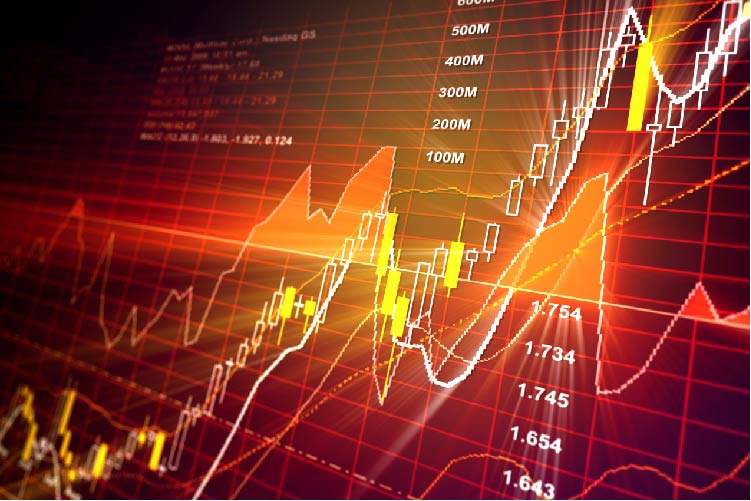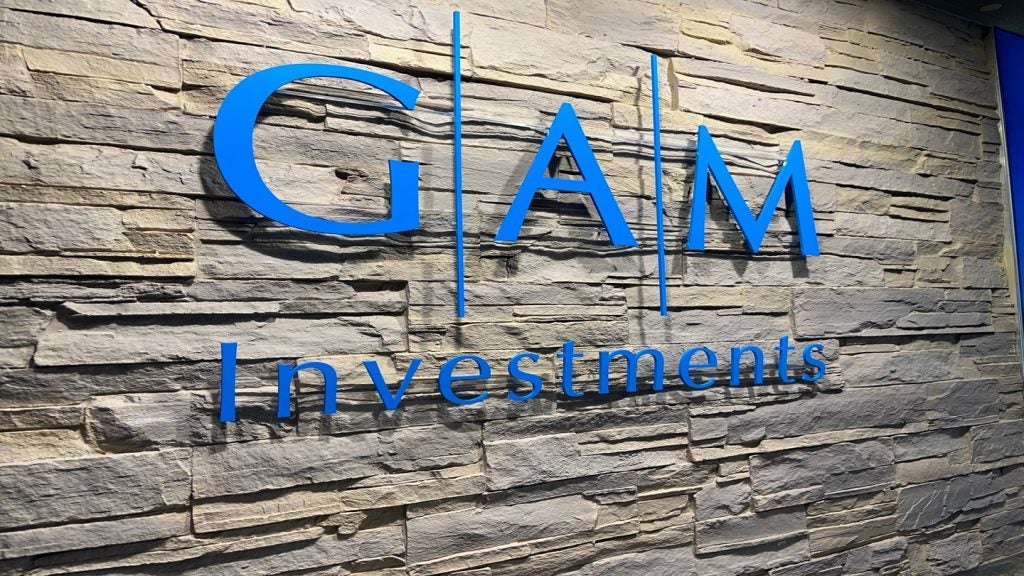
Investors often ask what is an ETF? The answer is an ETF, or exchange-traded fund, is a basket of tens, hundreds, or sometimes thousands of stocks or bonds in a single fund.
An ETF tracks an index, a commodity, bonds, or a basket of assets like an index fund. Unlike mutual funds, an ETF trades like a common stock on a stock exchange.
ETFs typically have higher daily liquidity and lower fees than mutual fund shares, which is why they are becoming more and more attractive to investors.
After a couple of false starts, investment company Fidelity says ETFs began in earnest in 1993 with the product commonly known by its ticker symbol, SPY, or “Spiders,” which became the highest volume ETF in history.
ETF assets under management reached $4.84tn worldwide at the end of 2017 – a growth rate of 36.3% over the previous year, according to GlobalData Financial Services.
What is an ETF? The different types available
There are many types of ETFs. See some of those available below:
- Market ETFs: Designed to track a particular index like the S&P 500 or NASDAQ
- Bond ETFs: Designed to provide exposure to virtually every type of bond available; U.S. Treasury, corporate, municipal, international, high-yield and several more
- Sector and industry ETFs: Designed to provide exposure to a particular industry, such as oil, pharmaceuticals, or high technology
- Commodity ETFs: Designed to track the price of a commodity, such as gold, oil, or corn
Advantages of ETFs
The appeal of ETFs to individual investors is:
- Buy and sell any time of the day: Mutual funds, in contrast, settle after the market close
- Lower fees: There is no sales load, however, brokerage commissions do apply
- More tax efficient: Investors have better control over when they pay capital gains tax
- Trading transactions: Because they are traded like stocks, investors can place a variety of types of orders (limit orders, stop-loss orders, buy on margin) which are not possible with mutual funds
Disadvantages of ETFs
While superior in many respects, ETFs do have drawbacks, including:
- Trading costs: If you invest small amounts frequently, there may be lower-cost alternatives investing directly with a fund company in a no-load fund
- Illiquidity: Some thinly traded ETFs have wide bid/ask spreads, which means you’ll be buying at the high price of the spread and selling at the low price of the spread
- Tracking error: While ETFs generally track their underlying index fairly well, technical issues can create discrepancies
- Settlement dates: ETF sales are not settled for 2 days following a transaction; that means as the seller, your funds from an ETF sale are not technically available to reinvest for 2 days.







